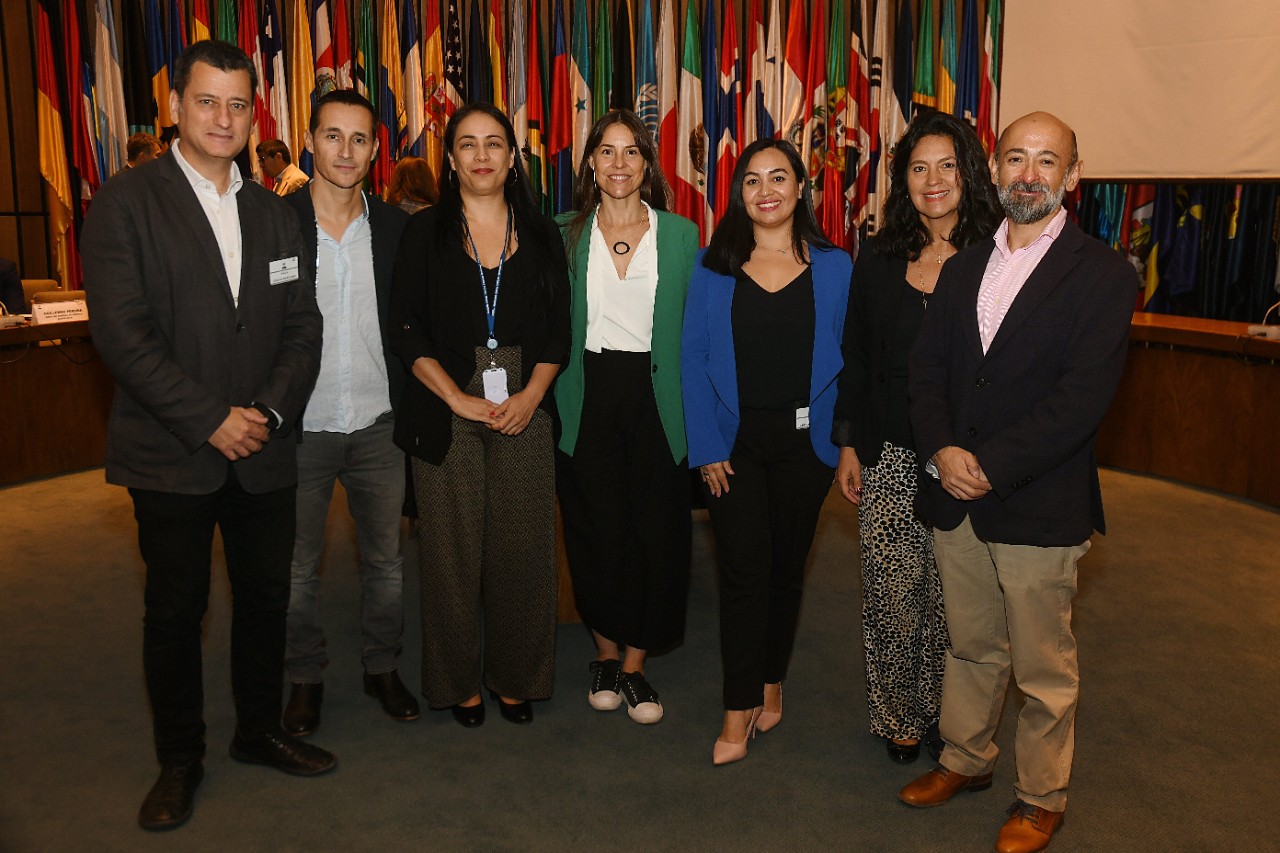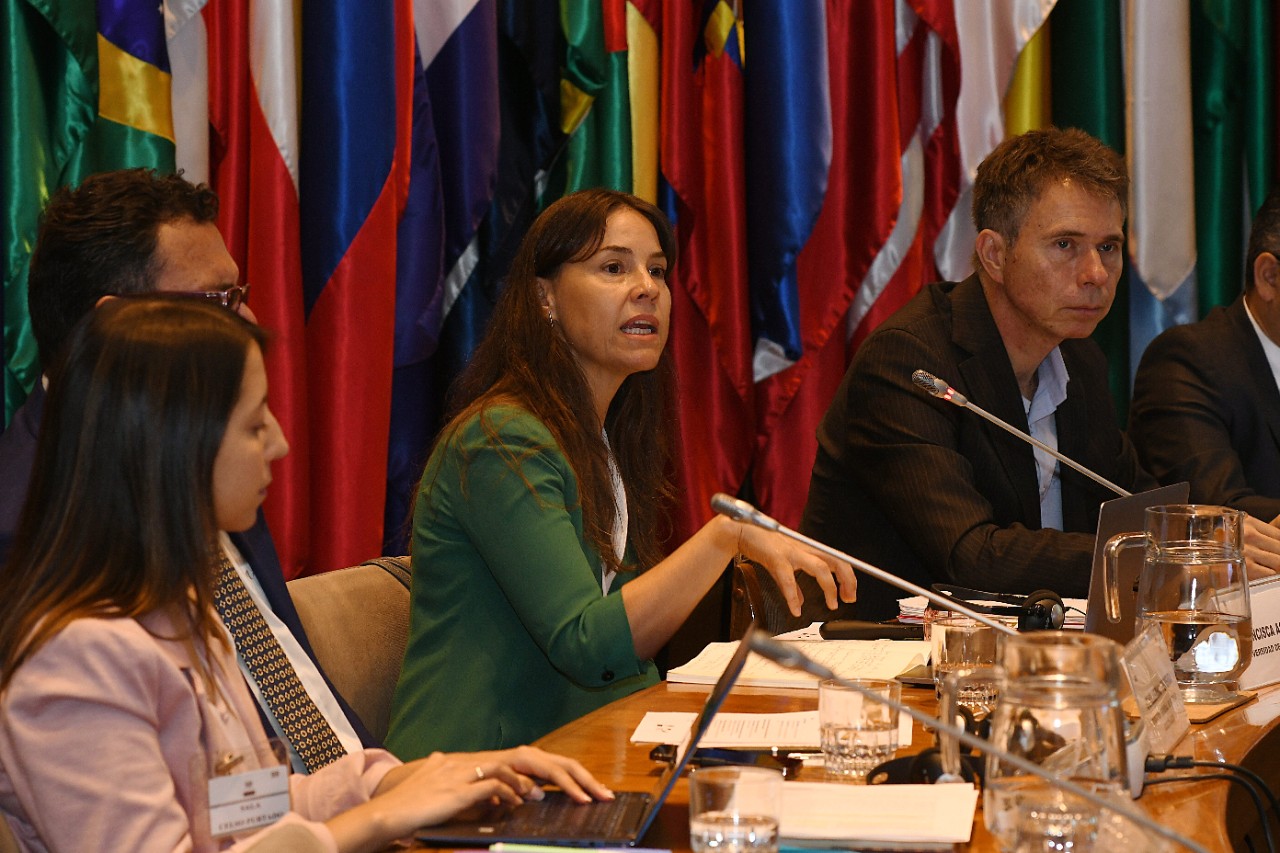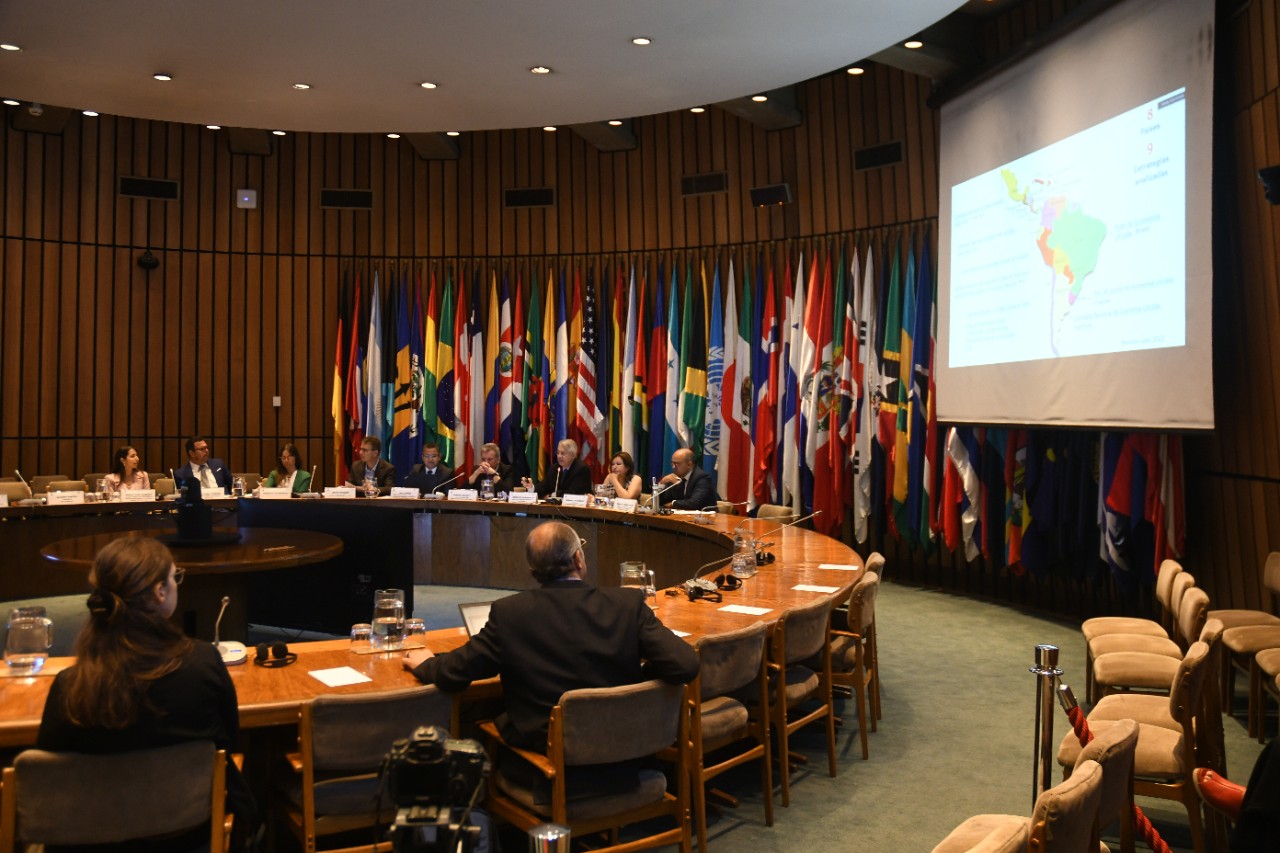· Enel and Universidad del Desarrollo's Center for Innovation in Cities of the Department of Architecture joined forces to design a reference framework for cities in Latin America and the Caribbean to promote a circular economy and share good practices.
· The document presents 16 steps towards urban circularity and highlights success stories from cities such as Buenos Aires, Quillota, and Bogota.
Santiago, March 31, 2022 – Quillota Respira (Quillota Breathes) is Chile's largest urban tree planting project, resulting from an alliance between public, private sectors, and academia to mitigate some of the effects of climate change. The initiative seeks to plant one tree for every inhabitant, totaling 100,000 trees in 5 years and transforming different actors into agents of change to improve the city's urban design and environmental conditions.
Many regional governments have already taken significant steps in implementing circular initiatives. In 2021, the signing of the Declaration of Circular Cities in Latin America and the Caribbean reflected this trend, bringing together different actors from urban centers recognizing the urgency surrounding today's environmental crisis and committing themselves to a set of measures to advance toward an urban transition with a view to sustainability.
However, developing specific instruments to share knowledge and strategies is necessary to establish this new sustainable paradigm. In this context, Enel and Universidad del Desarrollo's Center for Innovation in Cities under the Dept. of Architecture joined forces to propose a reference framework for signatory cities so they may assess their progress and review cases of good practices.
The document proposes 16 steps to move towards urban circularity, divided into three stages: defining an approach, designing a strategy, and implementing actions. It also highlights success stories implemented in Quillota, Santiago, Buenos Aires, Bogota, Lima, and Mexico City, among other urban centers.
The study outlines concepts associated with circularity, presents cases of projects and implementation of value chains already being carried out in the region's cities, and proposes different lines of work. "We analyzed how circularity can be applied in six main sectors: energy, construction, food, household waste, manufacturing industry, and mobility. The aim is for cities to share and explore innovative experiences, generate collaboration, and advance towards a circular economy, taking as models cutting-edge projects and dynamic public policies", Universidad del Desarrollo’s Center for Innovation in Cities Director.
The document was presented this week during the "Circular Economy: a cross-sectoral strategy for sustainable development" meeting organized by the Economic Commission for Latin America and the Caribbean (ECLAC). “A circular economy is making progress in the region. At least eight countries are pursuing strategies to keep more materials in the economic circuit efficiently. There are still gaps, and it is necessary to consolidate regulatory aspects. Still, there is potential for expansion and exciting cases of technological improvements and projects showing a real commitment and understanding of the urgency of changing how productive sectors operate. In this sense, spaces for reflection become very important", says Joseluis Samaniego, Director of the Sustainable Development and Human Settlements Division of ECLAC.
"Circularity is an accelerating factor for sustainable development of cities. In this sense, cities are a great lab where technology and innovation play a fundamental role in building a digital, smart, and sustainable electric infrastructure with multiple uses that address major challenges of large cities to benefit people's quality of life. We believe that we can achieve a shared vision that will bring us closer to concrete results only through collaboration between the private world, academia, civil society, and the public sector", says Karla Zapata, Enel X Chile’s general manager.
The complete study is now available for review and downloads at https://www.enel.cl/es/sostenibilidad/economia-circular/ciudades-circulares/publicaciones.html
Its objective is to promote a circular economy model based on renewable material and energy inputs, extending the life of goods, sharing, and closing cycles.




